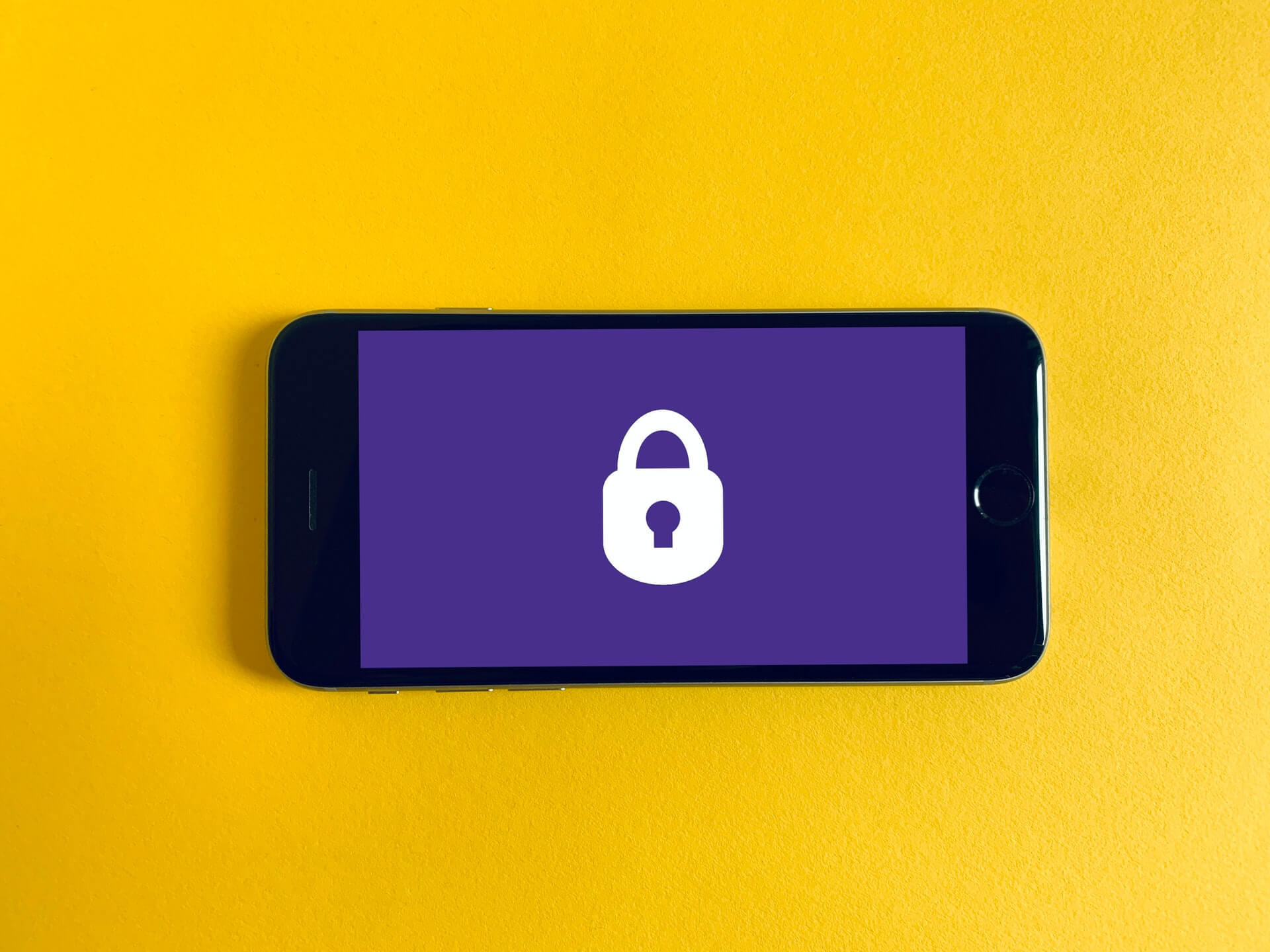Data security and data privacy are the most talked-about concerns of the present digital landscape.
Both of them are intertwined, but they are completely different.
With so many transactions, emails, sign ups, passwords and personal information out there, we as consumers need to know what companies are allowed and not allowed to do when it comes to our digital information.
Whether you’re a business owner yourself, or a fellow consumer, you need to know the difference between them.
How do they affect your world and what are the rules? Make sure your privacy is protected when navigating the online world.
Data Security vs. Data Privacy – What’s the Difference?
What is Data Security?
Data security pertains to the activities involved to keep the user data safe from malicious elements of the internet. Data security revolves around encryption, authentication, security key management, etc.
What is data encryption?
Data encryption is the process of converting the data into jumbled code. This jumbled code is transmitted across the channels from the sender to the recipient.
When your data is encrypted, anybody who tries to hack the data will only see random numbers and text that doesn’t mean anything. The recipient will have the key that will decrypt the data for the receiver so they can view it in its true form.
What is data authentication?
Data authentication is the process of verifying that the data is received by the authentic recipient.
The same happens at the source too. When the receiver gets a verified message from the verified sender, the data is deemed authenticated. For example, a message sent by your friend is authenticated data.
But a message sent from someone who claims to be your friend or a friend’s new number is not authenticated.
What is security key management?
Data encryption requires a key to encrypt the data and render it unreadable to everyone other than the authorized recipient.
Security key management is the process to generate, exchange, store, use, update, and replace security keys as and when required.
Data security is the prime concern of businesses because any loophole in data security may lead to financial and other losses.
What is Data Privacy?
Data privacy pertains to who has the access to data and to what extent.
Just the way people like to keep their personal life private, their personal data is also entitled to privacy.
Data privacy is a part of data security measures. It revolves around how a business collects data, how they use it, and how much of it is made available for others to see.
Why is it Important to Understand the Difference Between Data Security vs. Data Privacy?
With GDPR coming into force in May 2018, businesses now need to be transparent with their data policies.
Many consumers don’t want businesses to share their data with anyone. Organizations now have a legal obligation to comply with their customers’ data privacy demands.
What is GDPR?
Global Data Protection Regulation (GDPR) is the world’s toughest law for data security and privacy.
Any company that works with the European Union must adhere to GDPR. GDPR was put into effect on May 25th, 2018.
GDPR is very particular about the data of EU citizens. It doesn’t allow businesses to collect and store data without the data owner’s consent.
When it comes to data privacy, GDPR enforces the following privacy rights for the data subjects the right to:
- Be informed
- The right of access
- Rectification
- Erasure
- Restrict processing
- Data portability
- Object
- Rights in relation to automated decision-making and profiling
With these rights in effect, data subjects get complete control over how their data is stored, used, shared, and removed.
Consequences of Data Security and Privacy Laws
Google was fined $57 million for not complying with the GDPR when it came into effect.
This is a fine example of data takes precedence over even the biggest firms in the world. With data security and data privacy being the top concerns of every internet user, businesses are now marketing their brands on these grounds.
Read this next: The 7 Most Common SEC Filings Every Investor Should Know & Why
Stay Informed!
Now that you know about data privacy and data security, make sure you are covered in terms of where you are sending your information, and what the businesses you send them to are doing with it.



